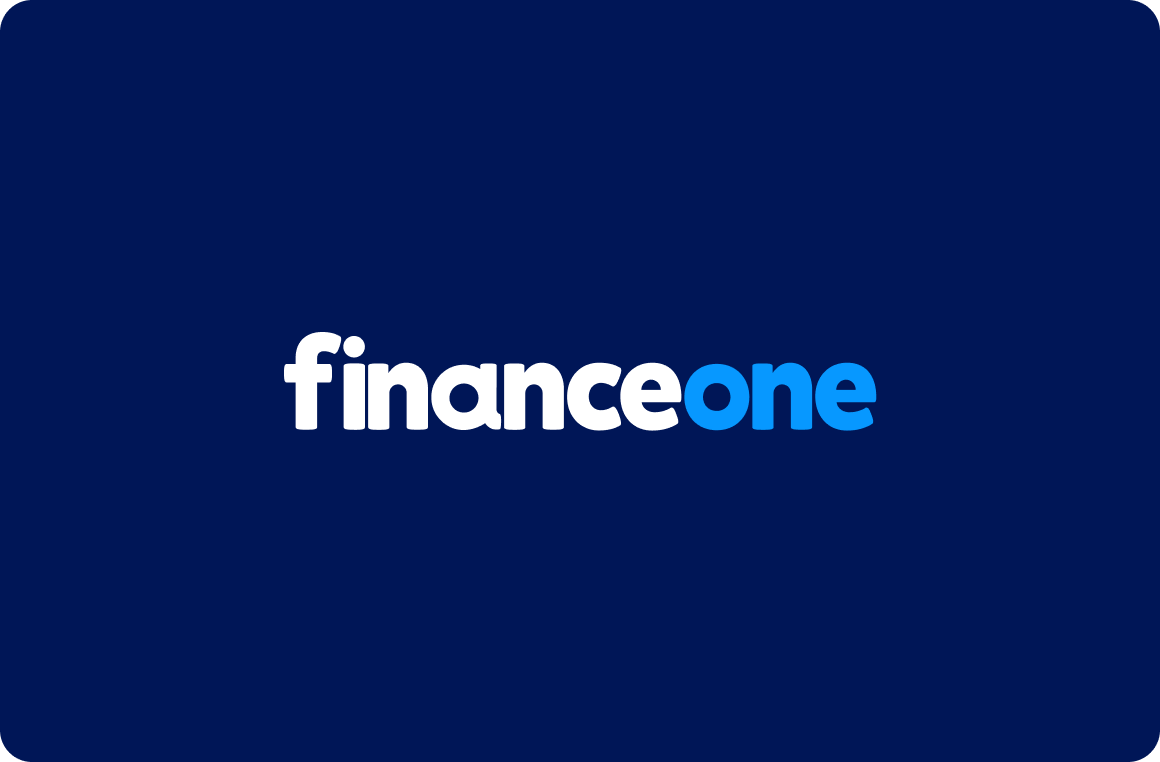You hear this word ‘Credit’ daily, but what does it really mean? A simple definition from the dictionary says it’s your ability to buy things now and pay for them later, based on the trust that you will pay it back in the future. Sounds great: “get now - pay later”. Who wouldn’t want that?

Stories
Why It’s Important to Understand Credit from an Early Age - A 12 Year Old’s Perspective
So how does it all work?
To put it directly, the people who are willing to trust you and lend you the money are called ‘Creditors’. They determine if you are worthy of trusting. If you are considered trustworthy, you are considered ‘Creditworthy’. Once upon a time, this trustworthiness was based purely on judgment of your personality or reputation. Today, it is based on previous borrowing practices known as ‘Credit History’ and your ‘Credit Report’ that is kept for all creditors to view.
This ‘credit report’ which determines if you are trusted to pay money back includes financial details such as credit card history, number of loans and their repayment history and how many loans have been applied for. Generally, it will indicate if you can be trusted based on your previous experience with paying back loans. To simplify all these details so creditors can judge your trustworthiness quickly, a ‘Credit Score’ is calculated. How the score works is, the higher the score, the more likely you are to pay the money back. A higher score may also make it easier for you to obtain lower interest rates, cheaper loan repayments and better credit card terms.
So how do I gain trust when I’m young and have no credit history?
Obviously, we all have to start somewhere. To gain this essential financial trust, you can get a credit card or even a small personal loan from your bank. This can be done alone or applying with someone who already has a good credit history, like your parents. Then the Number One thing to do is make it your absolute priority to pay it back, on time and in full. If you can be trusted with something small, people will be more likely to then trust you with something larger in the future, like a loan for a car or house.
Why is all this so important to a youngster?
Good financial habits can set you up for a happy fulfilling life. It will certainly make life easier, especially given that so many people can quickly look at your credit history and make quick judgments that can affect so many areas of your life. For instance, if you are likely to pay your rent on time, pay your electricity or phone bill on time, or if you can afford insurance protection.
What are some of the common mistakes that destroy trust?
Probably the most common mistake is to miss a payment. To avoid this, set up automatic payments and ensure there is always enough money in your account. The other common mistake is to get in over your head by having too much credit. It is an easy trap to spend more than you can afford. Always try to have extra or a buffer amount in your bank account for those unforeseen events.
As a young person, it is so critical to understand what credit is and its importance in today’s world. It is very apparent that your trustworthiness to repay money affects many aspects of your life. It is paramount that we create good financial habits by always paying what is owed, and honouring our financial commitments.
Disclaimer: The information above is of a general nature only and does not consider your personal objectives, financial situation or particular needs. You should consider seeking independent legal, financial, taxation or other advice to check how the information relates to your particular circumstances. We do not accept responsibility for any loss arising from the use of, or reliance on, the information.
*24-48 hour approvals are subject to satisfactory documentation being provided to assess the application. **Normal lending criteria, terms & conditions and fees & charges apply. ^Early repayment fees may apply. Please refer to your loan terms and conditions or contact us to confirm if an early payout fee applies to your loan.